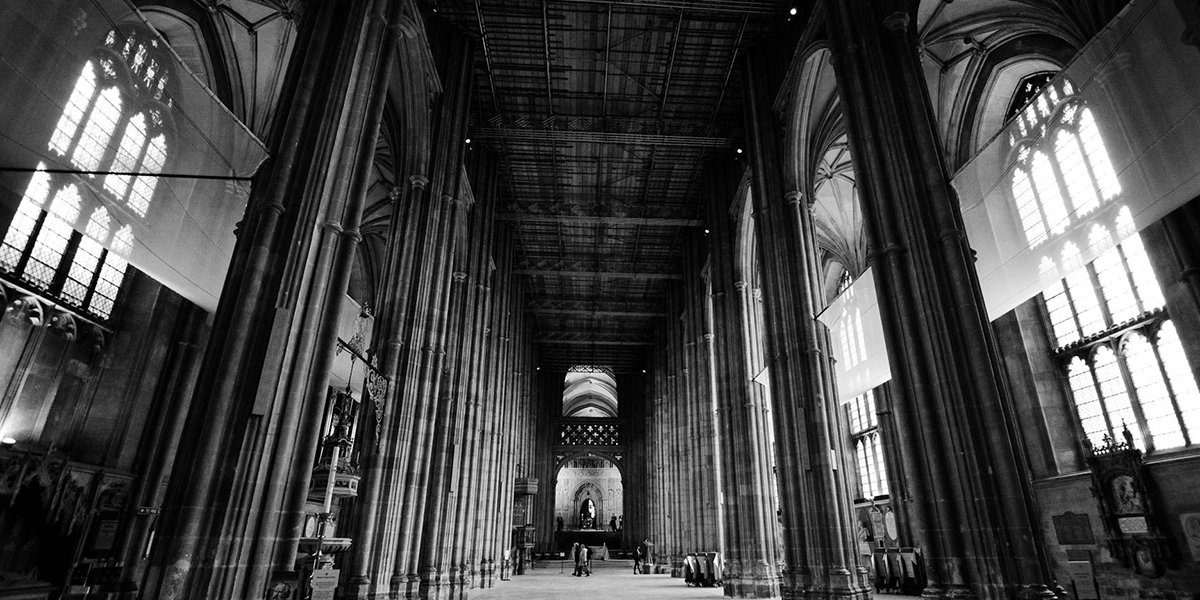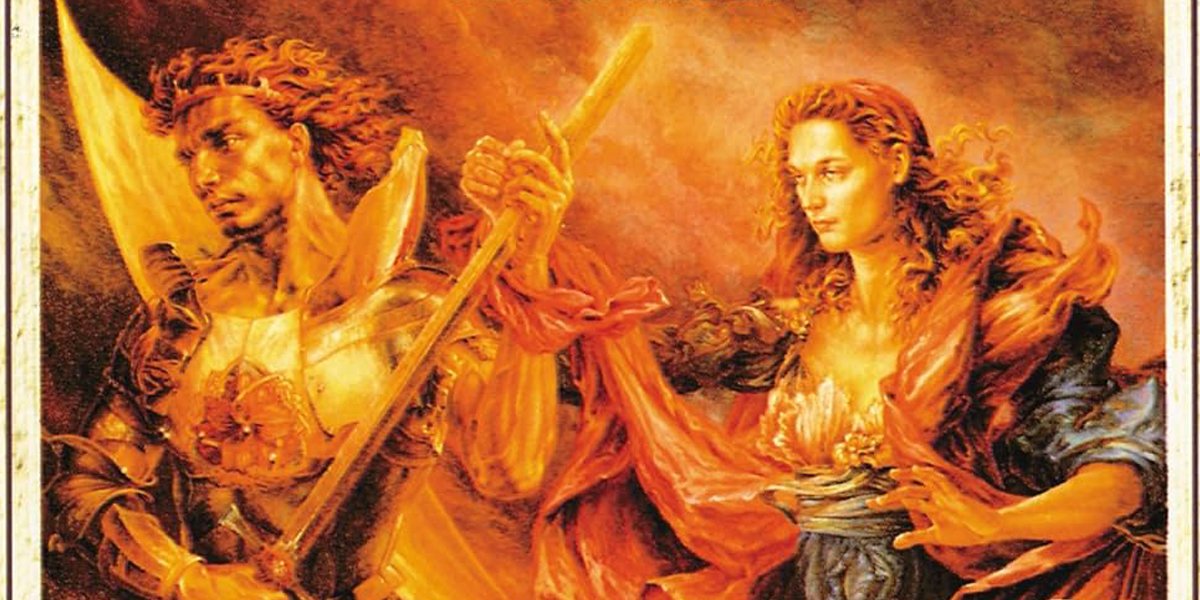I was teaching, studying, founding orchestras... luckily I don’t need much sleep
For composer and conductor Adam Pounds (Trinity Hall 2002), completing a Master’s at Cambridge was the ultimate balancing act.
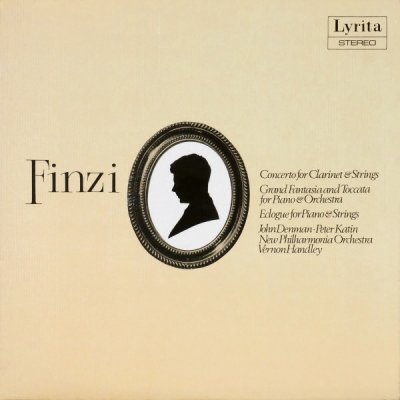
Eclogue for Piano and Strings
Gerald Finzi
This piece of music has a beautiful, nostalgic quality to it. My family arrived in Cambridge from London in 1998, via a few homes and years along the M11 corridor. I enjoyed it straight away. I was teaching at Long Road Sixth Form College, and in 2002 I started my MEd at Cambridge. I don’t even know where I got the Finzi disc from, but as soon as I heard it, I fell in love with it. A friend had also just given me the book A Cambridge Childhood by Gwen Reverat and this piece gives me the same nostalgia – it’s for an older Cambridge I’ve never even known! Finzi’s trademark bittersweet harmonies seem to fit the Cambridge architecture. It made me feel at home in a new place.
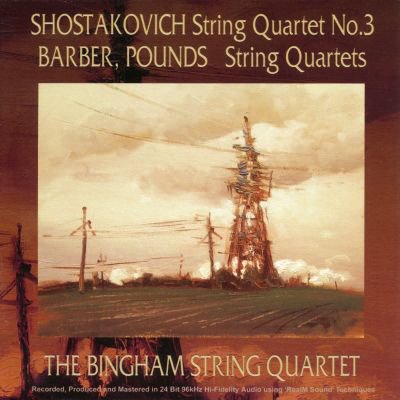
String Quartet No 2
Adam Pounds
I’m going to be indulgent here and pick one of my own pieces, because it really reminds me of the balancing act my life was when I was doing my Master’s. I was teaching and studying, I was involved with founding the Orchestra of Great St Mary’s, I had teenage children… luckily, I’ve never needed much sleep! If I had a free period at school, I’d slip into the music computer lab and work on my composition – I’m lucky in that I’ve always been able to get straight back into what I’m doing. For me, composing isn’t total inspiration, it’s also about being workmanlike, doing it as a project. This piece is a single movement of 15 minutes, but it’s a mixture of contrasting moods, between the aggressive and the reflective. As a child, I was a chorister at St Michael’s in Walthamstow, London, and I’ve always been involved with the church, but I had a period of non-belief, when I was quite driven and political and hot-headed. When I composed this piece, I was coming back to religion.
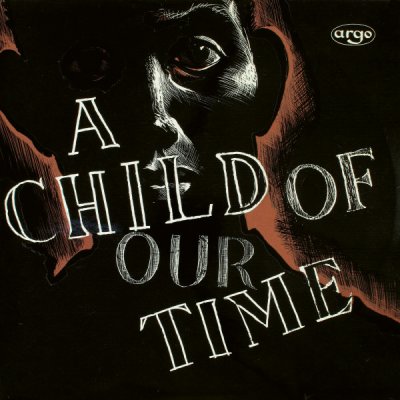
A Child of our Time
Michael Tippett
I joined the choir at Great St Mary’s while I was studying, and I have a strong memory of us travelling to the Faslane naval base in Scotland to perform. We chose to sing Tippett because it was like taking Cambridge abroad. He is hard to listen to sometimes, but I love the spirituals because of what they represent and where they come from – the suffering and the work and the hope. We performed to the families of servicemen in Nissen huts, and they were very open to different kinds of music. Singing in the choir began as a way of making myself useful in church, but I actually benefitted from it hugely as a musician: when you’re arranging instrumentation and conducting, it’s important to understand choir and orchestra together. Five years later, I became the conductor of the Stapleford Choral Society in Cambridge and, 15 years on, I’m still there. The choir opened a door for me.
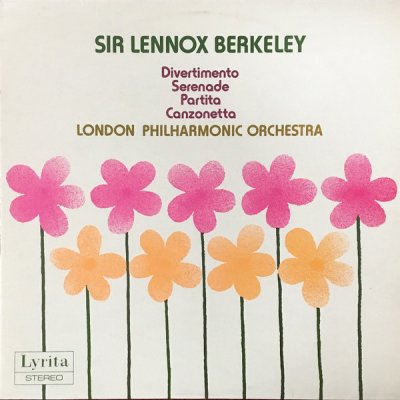
Divertimento in B Flat
Lennox Berkeley
Lennox Berkeley was my teacher when I was young, so I listened to his music to get to know him better. I can’t write and listen at the same time, so I’d take a break from studying at Cambridge and listen to this piece. It’s in four contrasting movements, like a symphony, and it’s beautifully crafted for the orchestra. A conductor knows what’s right for each instrument and Berkeley considers carefully what each can do. The way he uses the orchestra is an inspiration to me. He has a lightness of scoring, where less is more, and you only use the notes you need.
Find out the latest from Adam on his website.
 CAM
CAM